#my ahjussi
Text



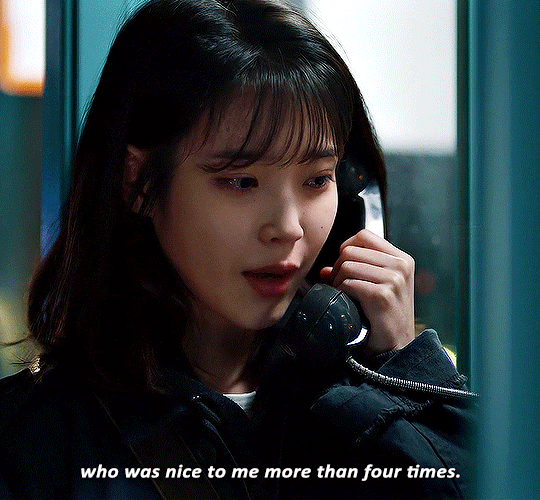
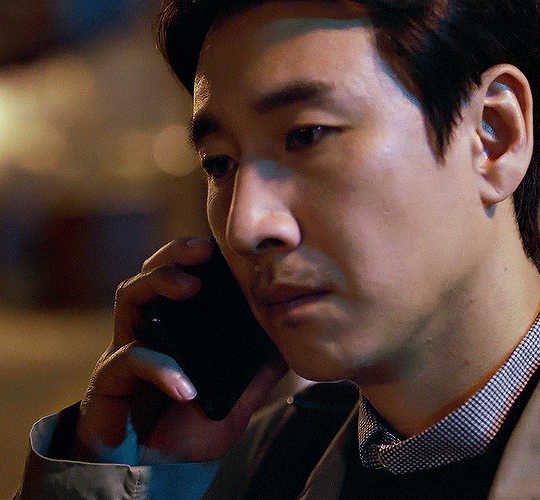
I'm tired of people who gossip eagerly about me.
MY MISTER (2018)
#my mister#my ahjussi#kdramaedit#kdramadaily#kdrama#iu#lee sun kyun#could've read my book last night but instead I scrolled through my mister eps and cried 👍🏼#*edits
478 notes
·
View notes
Text

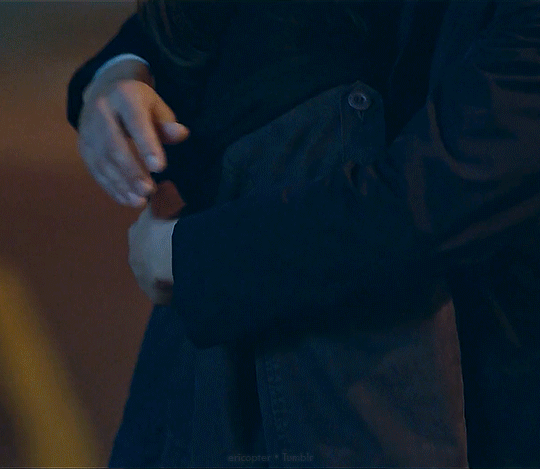
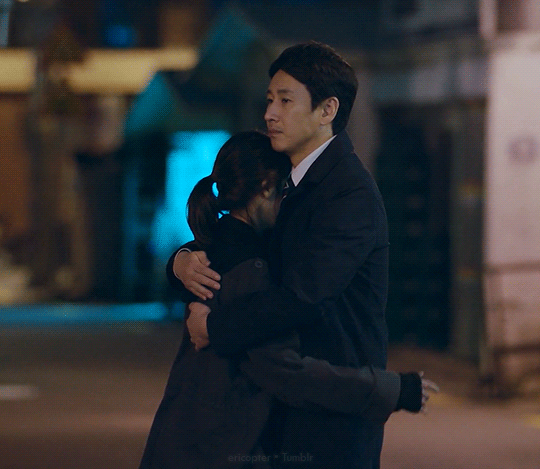

"Goodbye."
"Can I get a hug?"
-My Ahjussi (2018) Ep 16
#lee sun gyun#lee sun kyun#iu#lee ji eun#my mister#my ahjussi#kdramaedit#asiandramaedit#dailyasiandramas#tv and film#sorry for the different styles i cried between each gif and had to take long breaks between#e.w#e.g#my mister hugs
236 notes
·
View notes
Text



I love them so much🥰 best grumpy x sunshine BL I’ve read
Sauce: Dangerous Convenience Store
#dangerous convenience store#yaoi love#yaoi#yaoi bl#yaoi couple#yaoi recommendation#bl love#yaoi manhwa#boy love#bl manhwa#my ahjussi
130 notes
·
View notes
Note
What did Park Ho San say? 😢
mentioned it partially in the tags of my post but i'll post it here with a full translation of the original (native speakers, pls come and tell me if i f*cked anything up, i worked this out with the dictionary, Papago, and gallons worth of tears while crawling through every article i could find):
'i don't believe it, i don't want to believe it, but it wasn't until i received the obituary notice that i did. to me, you were more like Dong Hoon [Lee Sun Kyun's character in My Mister] than Sun Kyun. Sun Kyun-ah, Dong Hoon-ah, my little brother, no matter what you did i really believed in you. how painful must it have been? how hard it must have been... i have to go to the hall [literally 식장에 or 'ceremonial hall' - can be used to refer to a wedding hall, but here it's used for where his memorial/funeral services are being held], but it's a little scary. i'm going to go anyway. even if i can't tell you anything later, i'll carry these words with me: i and all of us who know you really, really believe in you.
since you're lying down, now, take it easy and be at peace. stretch out your legs. forget all your heartache, let it fly away and sleep comfortably. rest well, my warm little brother. ♥️'
#inbox#q: anon#tv: my mister#my mister#my ahjussi#lee sun kyun#lee sun gyun#park ho san#he shared several BTS photos from My Mister too as if that sh*t didn't wreck me enough. f*ck#i know he most likely meant it in a general sense but if i think too hard about that 'stretch out your legs' line considering how they#found him i'm going to have to log off for weeks and i can't do that. nope#on the flip side i cried again so it helped me get that out of my system today. this is becoming a daily occurrence
41 notes
·
View notes
Text
when lee ji ahn said “i don't like him. i want to ruin him.” but park dong hoon said “you must have come to this neighborhood just to save me. i was on the verge of dying, but you were the one who saved me.” and lee dong sik said “my savior han joo won, who came to destroy my life.” and hideko said “the savior who came to destroy me. my tamako. my sookee”
#° mine.#° subject / film and photography.#° subject / literature and composition.#° tv / my ahjussi.#° tv / my mister.#° tv / beyond evil.#my ahjussi#my mister#beyond evil#the handmaiden#web weaving#( ° i'm sorry i've just been going feral over these things lately )#( ° kindly ignore the fact that i have not watched The Handmaiden bc of its R-rated content )#( ° and focus on the vibes )#( ° bc when this hit me it was like a train wreck )#( ° y'all could have taken me and placed me on the autopsy table and you still would not get as many signs of life )#( ° as you would have after i put this all together )#( ° anyway i'm going to cry in a corner about this )#( ° join if you want to )
303 notes
·
View notes
Text
I heard a great many things about My Mister before I went into it: a masterpiece, a truthful portrait of everydayness, a vehicle towards catharsis for the parts of the self weathered by everydayness, a moving story that is strongly anti-patriarchy, an ode to parental love and a child’s love and a sibling’s love and a friend’s love and other love that comes uninvited—all true. But I was not prepared for this story to be packaged in an affair and internal corporate espionage.
Here’s the premise: Do Jun-young, the young and haughty CEO of a successful building & engineering company, is in a power war with other senior members for the attention of their ailing, but still sharp, Chairman. Caught in between is a general manager, Park Dong-hoon, a decent, generous-to-a-fault man. Dong-hoon is the darling of the other faction in the office, and the task at hand for Jun-young is firing Dong-hoon. To Jun-young, who used to be his junior at university, Dong-hoon’s rise would amount to Jun-young's fall. Jun-young has little by way of a brain, few spineless right-hand men by way of brawn, and lots of money. For Lee Ji-an, the cold 20-year-old temporary worker with fortitude that comes with abject poverty and mounting debt and being a social reject, this is jackpot. She promises Jun-young that she could get Dong-hoon fired in exchange for money. In the process, Ji-an finds out that Dong-hoon’s wife has been cheating on him with Jun-young.
Here’s the heart: Dong-hoon and Ji-an embark on a relationship where they see in each other a reflection of themselves and then some. They are empty, broken people who constantly wonder why life happens to them, with neither the strength to ask what matters nor the inclination to face the music of the answer. They protect each other, from themselves and others.
Age has caught up to both of them—Dong-hoon, literally, he’s pretty much lived the same way for four decades; Ji-an, metaphorically, because at 20, she has already lived through the trauma of being an abandoned child, the disillusionment of a teen shunned by faux meritocracy, and the role of a care-giver without money or support. She is a child who had to grow up too soon in the worst way possible—taking the life of an abusive elder, who should have taken care of her, in self-defence. She is 30,000 years old, she thinks. He is 40, and that’s old enough, he thinks.
Ji-an’s survival instincts jerks Dong-hoon to a life that feels more urgent. Dong-hoon’s rule-abiding spirit shows Ji-an how to secure a life that could afford her space to breathe. It is Ji-an who protects Dong-hoon from being fired. It is Dong-hoon who tells the clueless Ji-an how to move in the world of adults, above ground.
Every other relationship in this show has a name. Sibling, friend, neighbour, parent, spouse, office senior, officer junior. But this one, of Dong-hoon and Ji-an, with their 20-year age-gap, has none. ("Platonic" does come close but I am still wrestling with that one.) They go out for dinner, witness each other at their worst and saddest, and tell each other what the other needs to hear the most.
The choice of this age-gap inevitably gives rise to the question of another affair, and this is where writer-nim Park Hae-young has me by the collar. My Mister feeds off the casual, crude, often-infantalising narrative of why young women are attracted to older men. That stereotype is bait, for those so easily bought into too many stories of the kind, to interrogate what about relationships outside the norm in civil society—relationships that do not have a name—terrifies them. The characters in the show who accuse Dong-hoon and Ji-an of having an affair are those assigned as antagonists.
PHY believes and says “Every relationship is fascinating and precious,” so why do we say no to making more of them as we age? The norms in civil society is a good reason, but maybe a superficial one. She maintains it's the simple act of being vulnerable that leads to building and treasuring relationships; one of those things we tend to lose as we "age". The facade to maintain as a successful person is at odds with being vulnerable so we have to fragment the contours of our love and maintain boundaries. It’s why the relationship between Dong-hoon and Ji-an is—and has to be—cemented on wiretapping and surveillance and the ugliness of baring your soul, against your will even.
At their workplace, Ji-an is only privy to Dong-hoon, the structural engineer working a desk job without many promotions under his belt for a man several years his junior. It is because Ji-an snoops around that she learns of the affair that sets the story in motion. It’s how she finds out that he is a husband who goes back to an empty house often. He is the middle child, bearing the weight of providing in the absence of a financially-independent elder brother and a younger one trapped in his own insecurities and failures.
But it’s also how she learnt of the love and grace he enjoys otherwise. He plays soccer with friends he has grown up with, he drinks with his siblings whom he has loved all his life, he is the favourite son to his mother. This kind man is the beating heart of his neighbourhood. There will be at least two dozen people who will chase around the streets of Seoul seeking vengeance should he have a scratch on his body. If he is in pain, his brothers will give up other responsibilities to be with him all night until blue hour. These scenes, and the ones in Jeong-hui’s bar, are brimmed with warmth, of love freely taken and given. It’s how Ji-an begins to fantasise having people to go back to, and to call your own. Her love for Dong-hoon is also a love to the world he brings to her, a world of community that sticks together.
When I watched My Liberation Notes, I sensed that PHY does not give a hoot about green flags and healthy relationships. She might look at those tweets and posts, laugh with her whole chest and mumble: cute but no. This is so very stark in Gi-hoon (Dong-hoon’s younger sibling) and Yu-ra’s relationship, one that is marked by the intimate act of cleaning up vomit. Love comes from unfiltered, almost disgusting, honesty, picking at things the other would never think of sharing to another being. Love is a muscle you have to use everyday. You have to be talking all the time; and somebody should be listening.
The scene that is tattooed in my heart is Dong-hoon whispering “Call me,” into the phone he knows she is listening to. This is after he learns the truth of everything, of her initial plans to betray him, of her surveillance. But as he tells her later: “Once you know someone, there comes a point where you don’t really care what they do. and I know you.” He knows her and now, he knows everything. That's all that matters.
In the final act of the show, loving truly as knowing fully is reinforced on a very unlikely character: Gwang-il, Ji-an’s abusive cousin, son of the man she killed for abusing her and their grandmother—and also the loan shark Ji-an owes to. It is through those surveilled tapes that we find out that before he was the son of a father who was murdered by a cousin he loved, he was kind. Ji-an was speaking to Dong-hoon, who knows this before us, the audience. That submission, those words she could never say to Gwang-il’s face, pushes the plot which began with a discreet affair to its conclusion.
When My Mister ends, things are slightly better for the characters than when we see them but it’s left ambiguous. The last 15 minutes of the show goes like this: four minutes of Dong-hoon, in his empty apartment after his wife has left for the US to join their son, engaged in chores and a snotty breakdown; Gi-hoon and Yu-ra’s fracturing relationship leading to a break-up; Dong-hoon's new company; Ji-an in her new job and friends she has started making there; Gi-hoon picking up a pencil to write a screenplay; and a final reunion between Dong-hoon and Ji-an one year after their last goodbye. I think PHY needs her characters to be people who find peace and who love and look out for one another, even if they remain broken.
That love doesn’t need to be forever. Ji-an stops listening to Dong-hoon’s phone after he finds out that she does. When she is about to uninstall the app from her phone, she registers the way his shoes hit the asphalt on the road, that dignified stride despite the hunched shoulders, and his steady breathing one more time. The footsteps recede; she isn’t listening anymore. Then they come back; love can also be a powerful memory, a fuel to someplace else to love more and be someone else. PHY’s thesis is so devastatingly haunting because she dares to tell you, with a jerk first and then gently like a goodnight kiss, that loving is both the very least and the most you can do while you’re here.
#my mister#my ahjussi#kdrama#lee sun kyun#lee ji eun#iu#one of 57 thoughts that has plagued me#i can't think of another writer who is so fearless in answering hard questions as much as in asking them#phy is very good at knitting nuance through the broadest range of characters and that's why you can't take away a single one of them#watch this show for dong-hoon and ji-an#but also watch it for all the others who will live with you long after it's over#(forgive typos please it's sunday and i am tired from feeling)#notes
168 notes
·
View notes
Text
My Mister is my favourite kdrama and when I heard that the same writer had written My Liberation Notes, I was SO EXCITED. Both of these shows are my favourite at this point.
Both these shows are similar in the themes they discuss but they differ slightly in one way, in my opinion.
My mister explores themes of loneliness, isolation and interpersonal relationships while also STICKING TO A PLOT. It says, here, I want you to care about these characters and their lives and their pain as a result of their narrative and the things that have happened to them so far.
You root for Ji-an because she endures. You root for Dong-hoon because he endures. Everyone in My Mister has gone through things that they can point to, and say, here it is. The thing that is causing my misery. Here are these characters stuck in their respective repetitive loops of pain and unending suffering. The characters in My Mister have character traits that make them interesting.
My Mister as a show, tries to be interesting. And succeeds. The plot and the characters and the writing compliments each other and we get a great show. We follow a narrative while also starting to empathise with the characters.
My Liberation Notes, on the other hand, doesn't give a fuck about being interesting. It's not here to serve plot, it's here to serve character. While not having the most interesting or intricate narrative, mln has so much character. It does not try to or pretend to be interesting in order to attract viewership. It's going to say what it needs to say without wearing an armor of plot.
In mln, the things that cause misery cannot be pointed to. They cannot be spoken of casually. With few words. They cannot be compounded into a few sentences.
How is Mr.Gu supposed to sum up the extent of his pain? Why he's in a house, so far from Seoul? How is Mijeong supposed to say why she doesn't want to join a club? How should she talk about how everything and everyone feels like work? How should Gijeong sum up why she's willing to love anyone at all before winter? How can Chanhee tell you why he's desperate for a car?How can they tell you all these things in a sentence?
I love how mln doesn't shy away from depicting monotony AS IT IS. Nothing about mln is embellished or improved or dressed up. It's why when Mijeong says to Mr Gu, "WORSHIP ME", it hits. You understand her. It makes sense.
Mijeong or her siblings or her parents or Mr Gu do not have inherently interesting "main character traits ".
They are all human in the most human way and they are trying to live and this is what makes them interesting.
I find so much comfort in mln because its realistic. Sometimes, there is no plot to hold up our lives. Sometimes, we can not go outside and point at the thing we want to be liberated from. Sometimes, you're quiet at the dinner table. There are no plot twists that can be used to make us interesting.
#my liberation notes#my ahjussi#my mister#lee jieun#kdrama#iu kpop#kim ji won#lee sung kyung#son seok koo
180 notes
·
View notes
Text
"What happened in the past is no big deal. You can decide that... If you don't consider it to be a big deal, others won't either."
10 notes
·
View notes
Text
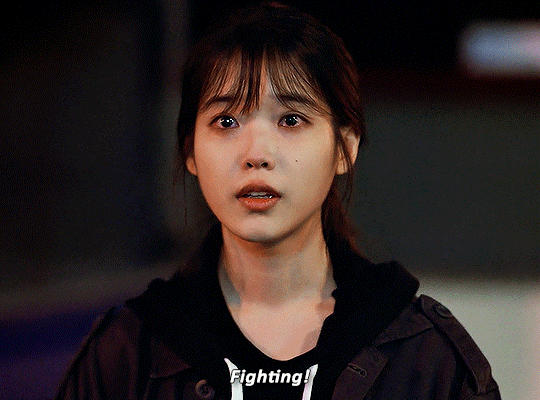
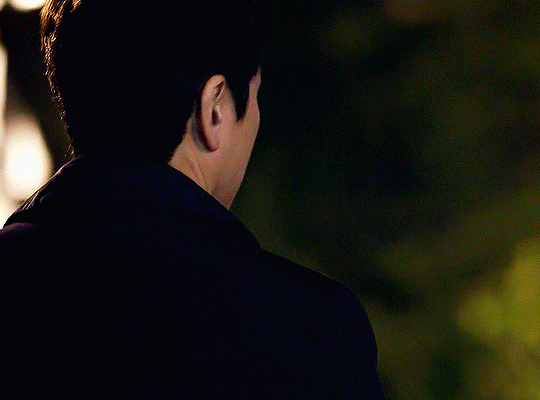
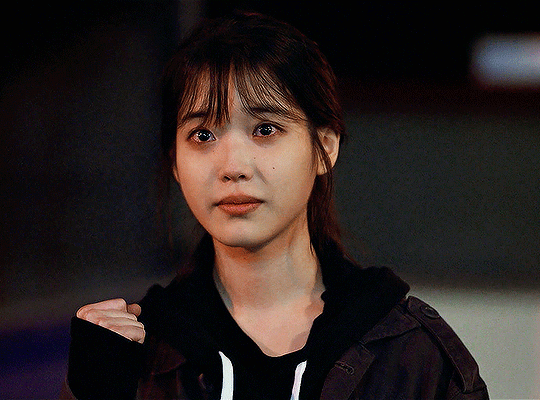
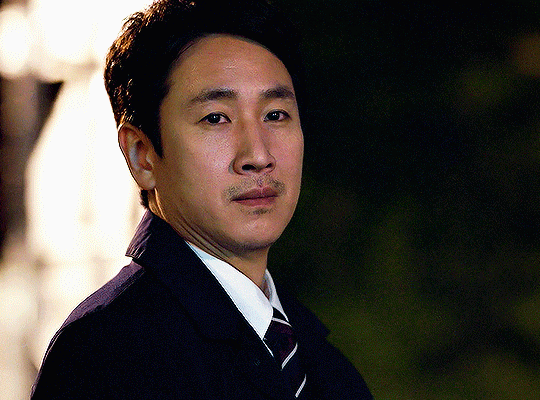
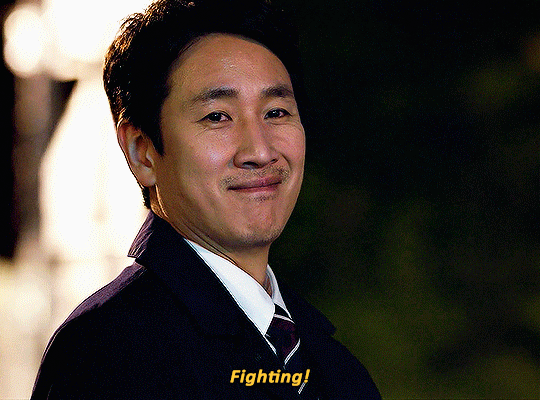

MY MISTER (2018)
#my mister#kdramaedit#kdramadaily#my ahjussi#iu#lee sun kyun#kdrama#they do not think about the gifmakers when they light and color grade these scenes#but they do think about making me cry#I MISS THEM#*edits
753 notes
·
View notes
Text
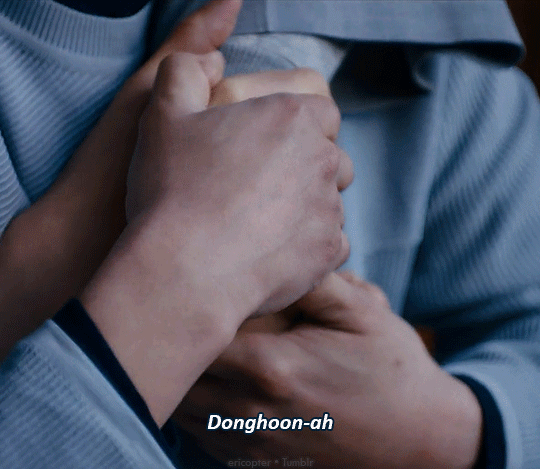


"It's not a big deal. It's nothing."
- My ahjussi (2018) Ep 11
#park hae joon#lee sun gyun#lee sun kyun#my ahjussi#my mister#asiandramaedit#kdramaedit#dailyasiandramas#tv and film#e.w#e.g#my mister hugs
155 notes
·
View notes
Text
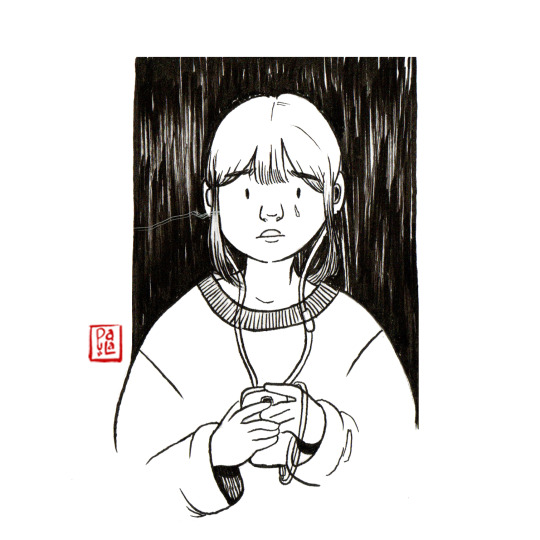
day 1: Jian, My Mister.
#inktober#kdramas#my mister#my ahjussi#iu#lee jieun#this year i decided to make a inktober just about my favorites dramas.#illustation#paulabohr#inktober2023
14 notes
·
View notes
Text
youtube
This scene hits different now. It’s become more tragic.
Now, I imagine a different twist to the story beyond the camera: Lee Ji-an looking forward to having that delicious meal with her Ahjussi, not knowing that it will never happen because Park Dong-Hoon has passed away.
Ji-an finally found her comfort and peace in and through Dong Hoon. Too bad Lee Sun-kyun didn’t seem to have a real-life Ji-an to confide in and rely on and inspire him to keep on hoping against hope.
Rest in peace, Lee Sun-kyun. You will be missed.
#kdrama#kdrama my mister my ahjussi#my ahjussi#my mister#lee sun kyun#lee sun gyun#iu#lee jian#liee ji eun#park dong hoon#Youtube
8 notes
·
View notes
Text
woke up still a bit numb and then i saw the translation of part of Park Ho San's message for Lee Sun Kyun and lost it again. God
#tv: my mister#my mister#my ahjussi#lee sun kyun#lee sun gyun#park ho san#'now that you're lying down take it easy. stretch out your legs. forget all your heartache and sleep comfortably.#rest well my warm little brother.'#what am i supposed to do with that.
20 notes
·
View notes
Text


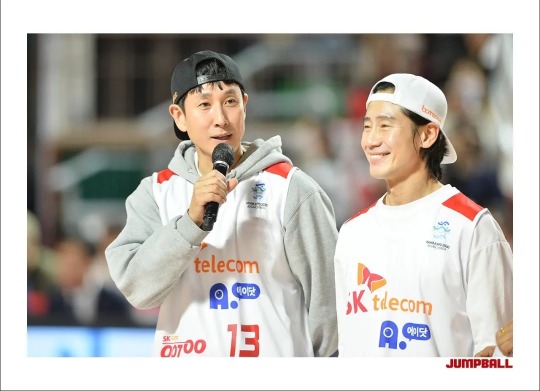
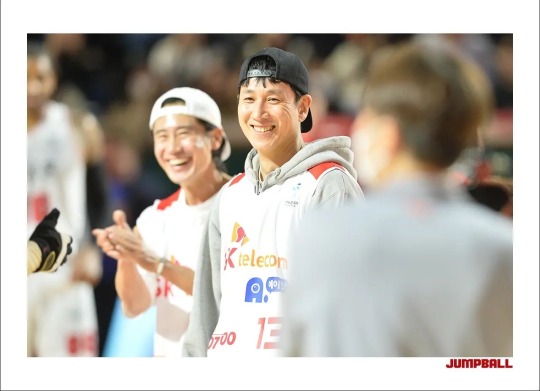

Shin Hakyun and Lee Sunkyun at the SK Knights game
#sk knights#shin hakyun#lee sunkyun#TWO PRETTY BEST FRIENDS YUP YUP#be my mister pipeline is real and canon#lee sun kyun#shin ha kyun#beyond evil#yonder#payback#my mister#my ahjussi#photos
47 notes
·
View notes
Text

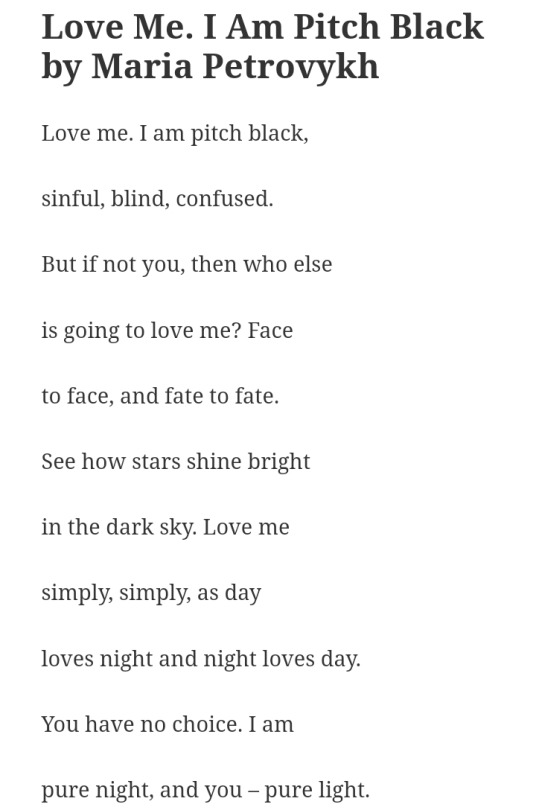

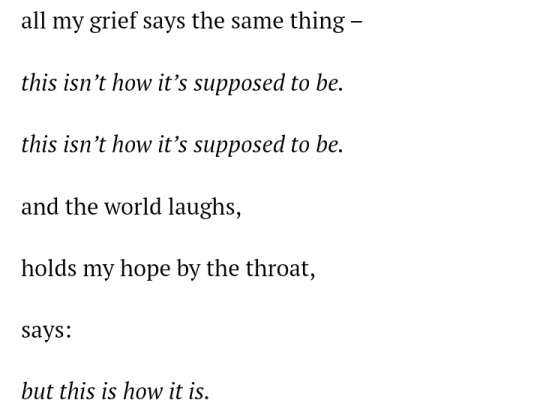
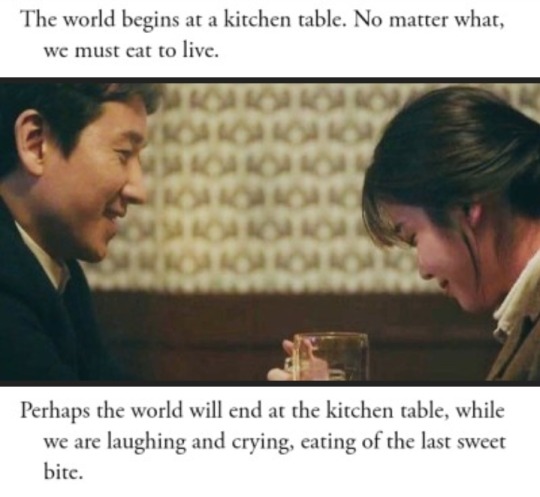
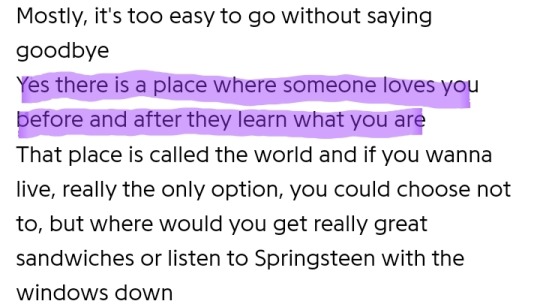
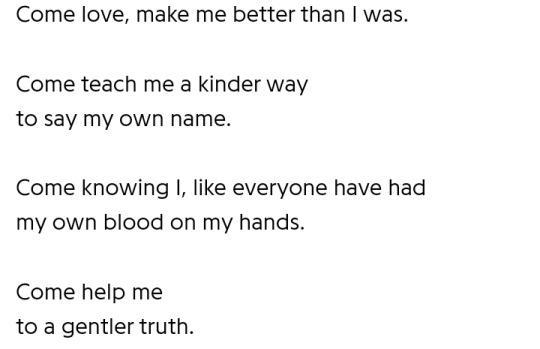
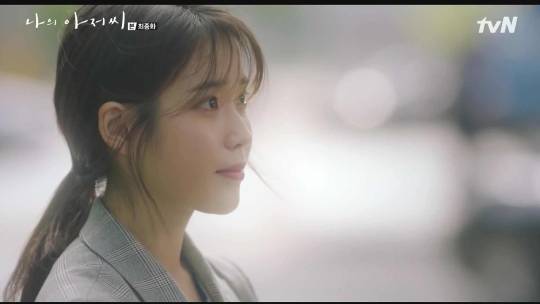


on being loved and accepting that love; lee ji-an + park dong-hoon
my mister; maria petrovykh; osamu dazai; fortesa latifi; joy harjo; neil hilborn; andrea gibson; osamu dazai
#excerpts from all the poems that reminded me of them#they're soulmates 💘💘 their connection cannot be articulated!! it transcends everything!!!#oh to love and be loved like them#my mister#my ahjussi#web weaving#may.ww
106 notes
·
View notes
